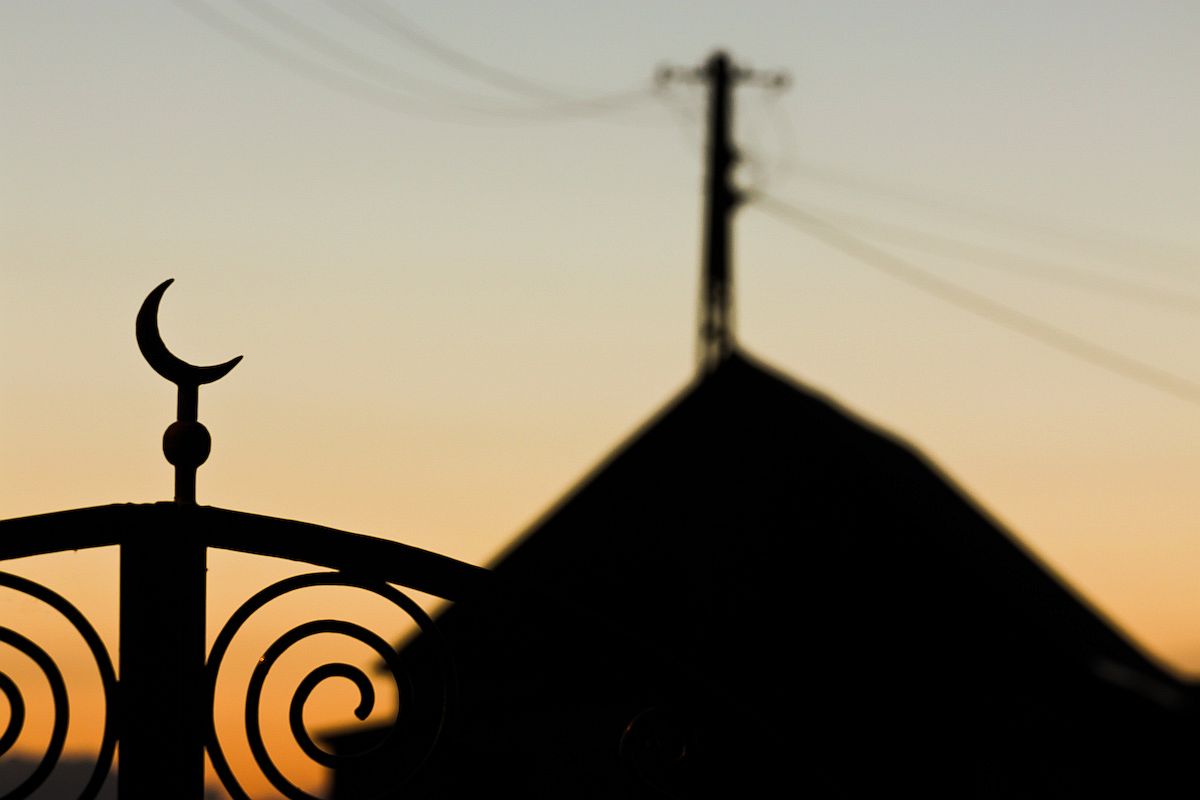Russian Islam in the face of war
Isljam Tokhlu, head of the Crimean Tatar cultural centre, on the prayers in favour of the ‘fighters of the special military operation’: ‘They are a foreign element of the Muslim tradition in the service of occupation armies. And even the justification with the defence of traditional values against the West can hardly be applied to the Caucasian context’.
Moscow (AsiaNews) - The question of the participation of Russia's Muslims in the war in Ukraine requires a proper definition, whether it is really a Jihad or risks appearing as a crime against Allah.
Del.Realii website interviewed Qur'anic scholar Isljam Tokhlu, head of the Crimean Tatar cultural centre, seeking clarification on this and other sensitive questions, such as the condescension of Islamic cult ministers towards interpretations of holy scripture for the Moscow regime.
In recent weeks, one of the most discussed issues in Russia and Central Asian countries has been the role of women in Islam, and in particular the clothing they wear, with the ban in several regions on wearing the Niqab.
The video in which Imam Timur Kamaev of Kazan explains the correct way to ‘beat his wife’ caused a stir. Tokhlu starts from the principle that in the Islamic tradition, ‘as in any other religion that is based on scripture’, one must first of all distinguish what is written in the holy texts from the interpretations of theologians, often dependent ‘on their geographical location’.
The recalled precept ofAyat 34, a quotation written on walls in some recent Muslim protests in several Russian cities, expresses what ‘is generally accepted throughout Sunni Islam’, with a practical translation of moderate control in family life to be carried over into all spheres of social life.
Hence the fundamental dilemma as to how decisive are the interpretations of the Koran on the most burning issues, considering that ‘times change’, the expert recalls. If the text says in the original ‘talk to her, and distance yourself’, translating it as ‘take the whip and beat her’ could lead to even more radical domestic violence than that proposed by the imam of Tatarstan.
This ambiguity is also reflected with regard to the tragic dimension of the war, when Muslim believers are invited to align themselves with the Orthodox ones, forming prayer meetings in favour of the ‘fighters of the special military operation’, as the president of Bashkortostan, Radij Khabirov, did. In this case, an element foreign to the Islamic tradition is introduced, the collective molebens typical of the Byzantine-Slavic liturgy, all the more ‘for the salvation of the soldiers and victory in the war’.
As Tokhlu explains, ‘it is important not to introduce practices other than those of the prophet Muhammad himself’, whereby one can pray individually for one's loved ones, but not gather for collective and contingent reasons. In this case, ‘one actually prays for the armies of occupation, and for people who impose colonial regimes, which is unacceptable to Islam’.
The definition of Jihad for the Russian war in Ukraine is also, in his opinion, completely improper, as ‘external Jihad, that which is secondary to the inner and spiritual effort, indicates the defence of one's own life, family and people, or the entire Muslim community, if necessary even by war’.
The Koran indicates the defensive purpose of war Jihad, but here it is a matter of ‘aggression and occupation’, and if the Russians intend to justify it as ‘defence of traditional values against the West’, one can hardly apply this interpretation to Russian-Caucasian Islam, ‘well rooted in its own traditions’.
According to the scholar, anyone who fights in such an army ‘is to be considered an unbeliever’, who offers his life for purposes unrelated to religion. If anything, recalling the Russian occupation of Tatar and Caucasian territories in past centuries, ‘a war against the occupying Russians would make sense’. It is therefore a matter of ‘a control of politics over religion’, forcing the right interpretations of Islamic scriptures ‘and indeed Christian ones’.







.png)










